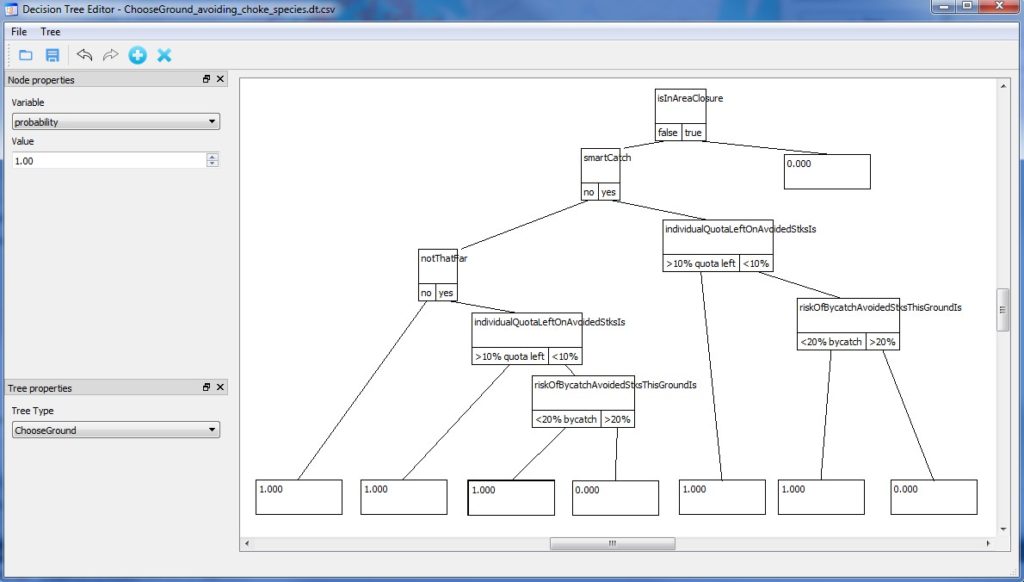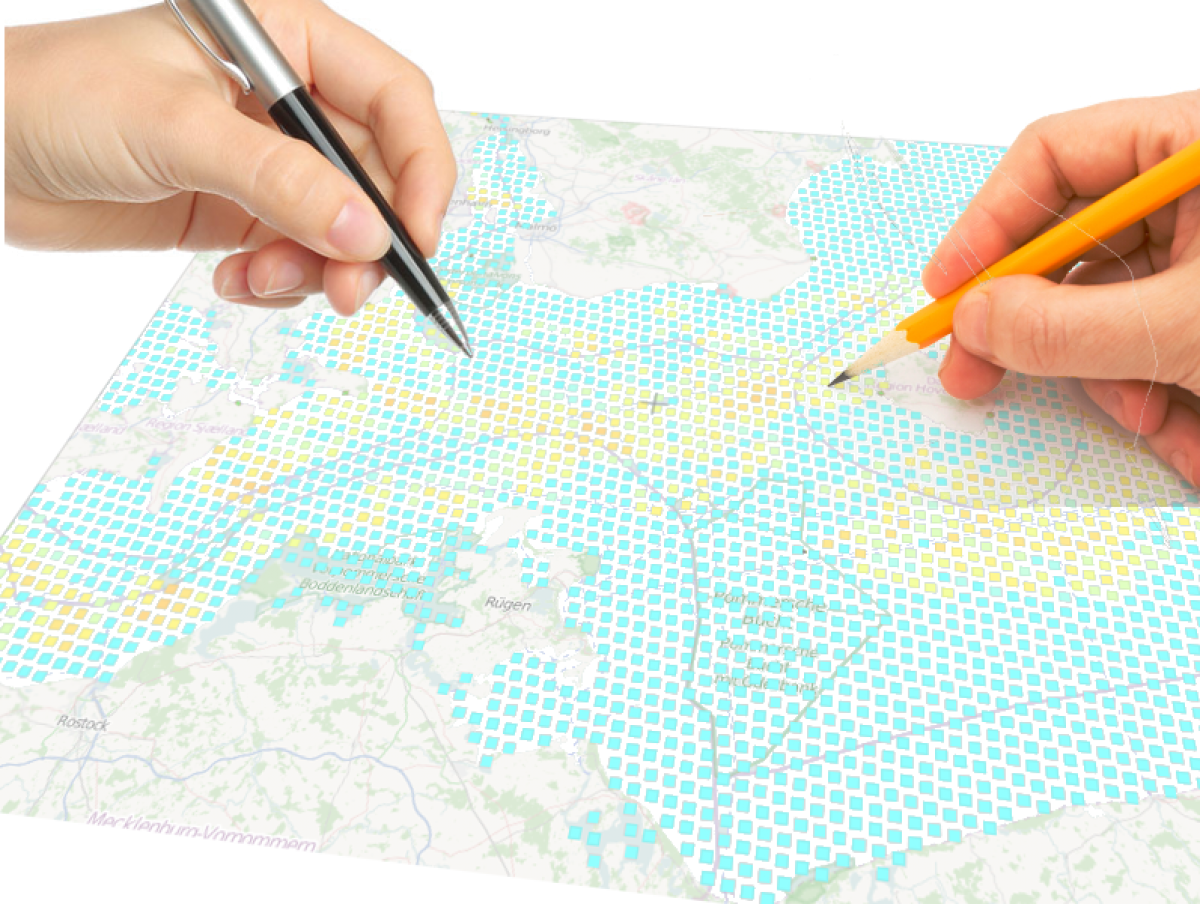The ban on discarding unwanted fish overboard when fishing, which was decided during the last 2013 EU Common Fisheries Policy reform, requires that everything retained in a commercial fishing gear is recorded and counted against fish quotas when some exist like in Northern European waters. It is, however, difficult to reduce catches of a single fish species when a variety of fish is generally caught together. This creates a risk for early closures of fisheries when the quota of one fish (the “choke species”) is exhausted before the others. To cope with this and avoid an unnecessary low rate of quota utilization, fishermen can try to lease extra quotas, or modify their catches, either by switching to more selective fishing gear types or through changes in when, where and how to fish, by trying to avoid areas where there is a fair amount of possible choke species, and displace the fishery as soon as a large catch of choke species is encountered. This ability to displace will depend on the skills and choices of the skipper but also on how the fish stocks distribute in space and time (patchily vs. evenly distributed). We are developing here a platform to test such interlinked effects in a clear and detailed manner by accounting for varying skipper’s decision-making, such as for example the one described in the adjacent decision tree.


Francois Bastardie is a DTU-Aqua Senior Scientist and method developer in the Section of Ecosystem-based Marine Management with a Ph.D. in Biological Science. He has been involved in several national and EU Funded projects developing expertise in spatial fisheries and fisheries databases. He has a strong background in modeling fishing and the bio-economic dynamics including developing agent-based models for combining marine ecosystems and natural resource extraction models, fisheries economics in a mixed fisheries perspective. He has an experience of 10 years leading to more than 35 peer-reviewed publications by conducting scientific-based fisheries management evaluation with scenario-testing evaluation and simulations, including fleet dynamics and consequences on the economy of fisheries, population dynamics and fish stock assessment. He was in charge of the evaluation of some of the EU long-term fisheries management plans with consequent participation to ICES and STECF working groups, including giving advise from regional to international policy makers.

Author: Francois Bastardie
Francois Bastardie is a DTU-Aqua Senior Scientist and method developer in the Section of Ecosystem-based Marine Management with a Ph.D. in Biological Science. He has been involved in several national and EU Funded projects developing expertise in spatial fisheries and fisheries databases. He has a strong background in modeling fishing and the bio-economic dynamics including developing agent-based models for combining marine ecosystems and natural resource extraction models, fisheries economics in a mixed fisheries perspective. He has an experience of 10 years leading to more than 35 peer-reviewed publications by conducting scientific-based fisheries management evaluation with scenario-testing evaluation and simulations, including fleet dynamics and consequences on the economy of fisheries, population dynamics and fish stock assessment. He was in charge of the evaluation of some of the EU long-term fisheries management plans with consequent participation to ICES and STECF working groups, including giving advise from regional to international policy makers.
View all posts by Francois Bastardie


